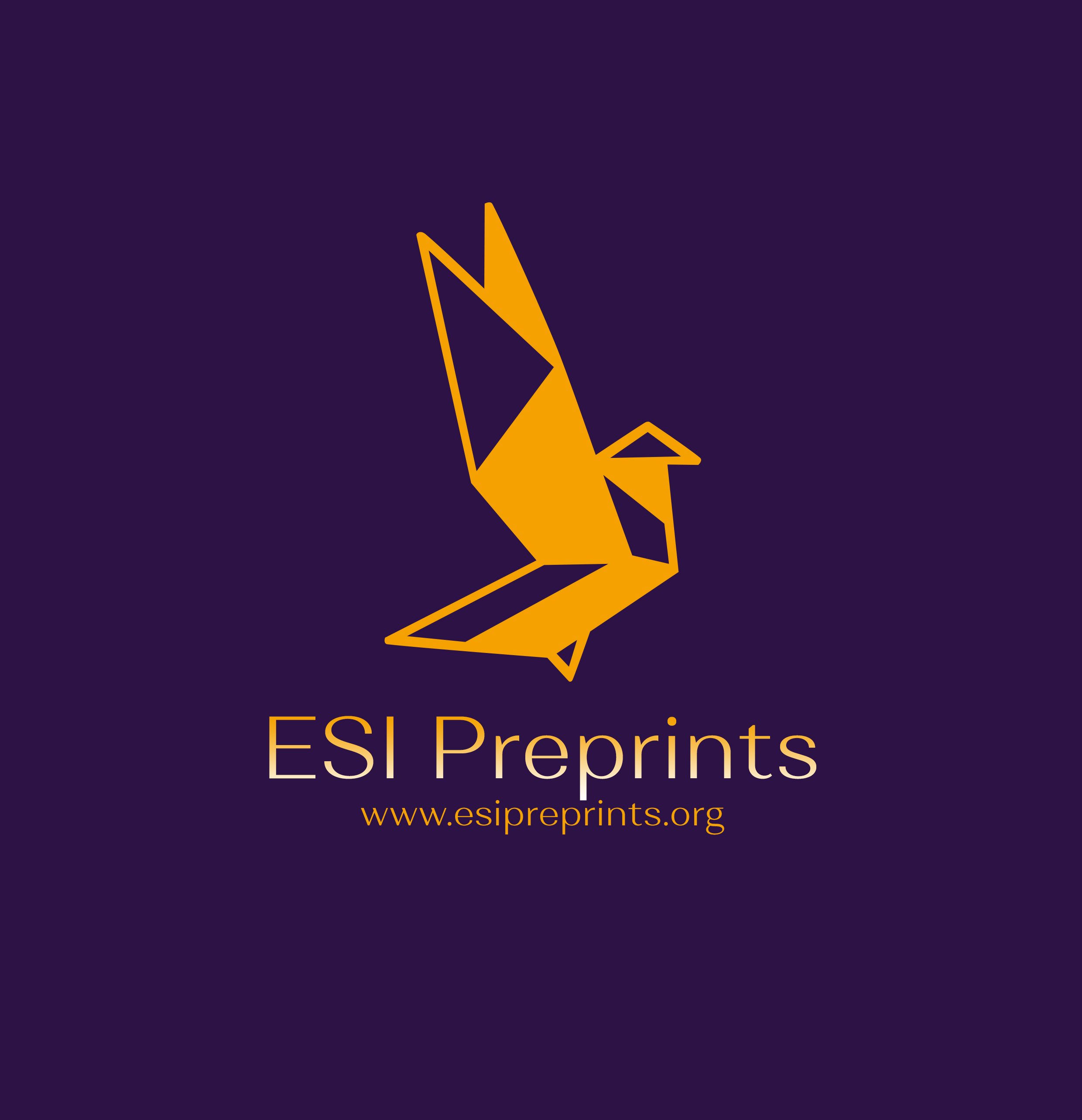AI-based Machine Translations in Tourism and Hospitality: An Exploratory Study of Travelers’ Perceptions and Future Challenges
Abstract
With the progress of AI-driven technologies, machine translation has significantly impacted tourists' travel experiences by transforming how they engage with or interpret language at their destinations. However, the body of empirical literature on the benefits, obstacles, and future prospects of these emerging technologies in tourism and hospitality is yet to be fully explored. This study aims to explore and outline 320 travelers' perceptions of machine translation. A distinctive sample of Italian travelers, along with their current and potential customers in the digital environment, is analyzed. Descriptive statistics was used to present the number and main characteristics of travelers‘ perceptions about AI-based machine translators. Travelers were grouped into two clusters based on perceived benefits and implementation challenges. Our findings contribute to the growing literature on AI-based machine translators and offer practical insights by mapping the benefits, challenges, outlook, and maturity levels of machine translations. The results provide both theoretical and practical insights for improving the use of AI-based machine translations and their role in tourism and hospitality industries. This is among the first studies exploring the tourism and hospitality approaches adopted by travelers to manage their interactions with AI-based machine translations while traveling abroad.
Downloads
References
2. Carvalho, I., Ramires, A. & Iglesias, M. (2023). Attitudes towards machine translation and languages among travelers. Information Technology & Tourism, 25, pp. 175–204. https://doi.org/10.1007/s40558-023-00253-0.
3. Denzin N.K., & Lincoln, Y.S. (2005). Handbook of Qualitative Research. Sage: London.
4. Fan, D.X.F., Tsaur, S.H., Lin, J.H., Chang, T.Y., & Tsa, Y.R.T. (2022). Tourist Intercultural Competence: A Multidimensional Measurement and Its Impact on Tourist Active Participation and Memorable Cultural Experiences. Journal of Travel Research, 61(2), 414-429, https://doi.org/10.1177/0047287520982372.
5. Fiset, J., Bhave, D. P., & Jha, N. (2024). The Effects of Language-Related Misunderstanding at Work. Journal of Management, 50(1), 347-379, https://doi.org/10.1177/01492063231181651.
6. Gursoy, D. & Cai, R. (2025). Artificial intelligence: an overview of research trends and future directions. International Journal of Contemporary Hospitality Management, 37(1), pp. 1-17, https://doi.org/10.1108/IJCHM-03-2024-0322.
7. Higgins, C. & Ikeda, M. (2021). The materialization of language in tourism networks Applied Linguistics Review, 12(1), pp. 123-152, https://doi.org/10.1515/applirev-2019-0100.
8. Jones, M.A., & Reynolds, K.E. (2006). The role of retailer interest on shopping behavior. Journal of Retailing, 82(2), 115-126, https://doi.org/10.1016/j.jretai.2005.05.001.
9. Kim, J. H., Wang, Y., & Song, H. (2020). Understanding the causes of negative tourism experiences. Current Issues in Tourism, 24(3), pp. 304–320, https://doi.org/10.1080/13683500.2020.1711711.
10. Law, R., Lei, S.I, Zhang, K., & Lau, A. (2024). Bridging theory-practice gap: a critical reflection on information and communication technology research. International Journal of Contemporary Hospitality Management, 36(6), 1980-1990, https://doi.org/10.1108/IJCHM-02-2023-0131.
11. Lee, N., & Lee, K. (2024). Travelers’ viewpoints on machine translation using Q methodology: a perspective of consumption value theory. Information Technology in Tourism, 26, 611–632, https://doi.org/10.1007/s40558-024-00296-x.
12. Li, Z., Yang, Y., & Zhang, X. (2024). Family travel as educational experience: revealing multi-level parents’ perceived value through a family system approach. Tourism Management Perspectives, 53, https://doi.org/10.1016/j.tmp.2024.101301.
13. Liebling, D.J., Robertson, S., Heller, K., & Deng, W.H. (2022). Opportunities for himan-centered evaluation of machine translation systems. Findings of the Association for Computational Linguistics: NAACL 2022, pp. 229 – 241, https://doi.org/10.18653/v1/2022.findings-naacl.17.
14. Lu, L., Wong, I.A., & Zhang, Y. (2021). Second language acquisition and socialization in international trips. Journal of Hospitality and Tourism Management, 47, pp. 1-11, https://doi.org/10.1016/j.jhtm.2021.02.007.
15. Mason, P., Augustyn M., Seakhoa-King, A. (2010). Exploratory study in tourism: designing an initial, qualitative phase of sequenced, mixed methods research. International Journal of Tourism Research, 12(5), pp. 432-448, https://doi.org/10.1002/jtr.763.
16. Pantano, E. & Servidio, R. (2011). An exploratory study of the role of pervasive environments for promotion of tourism destinations. Journal of Hospitality and Tourism Technology, 2(1), pp. 50-65, https://doi.org/10.1108/17579881111112412.
17. Shuang, L., Gallois, C., & Volvic, Z. (2023). Introducing intercultural communication: global cultures and contexts, London: Sage Publications.
18. Stewart, D (2019). English for tourism in the non-native English classroom: machine translation and corpora. in: Ennis MJ, Petrie GM (eds) Teaching english for tourism: bridging research and praxis. Routledge, Amsterdam, pp 114–130, https://doi.org/10.4324/9780429032141.
19. Truong, D., Xiaoming Liu, R. & Yu, J.(J). (2020). Mixed methods research in tourism and hospitality journals. International Journal of Contemporary Hospitality Management, 32(4), pp. 1563-1579, https://doi.org/10.1108/IJCHM-03-2019-0286.
20. Wang, L., Kirilenko, A.P. (2021). Do Tourists from Different Countries Interpret Travel Experience with the Same Feeling? Sentiment Analysis of TripAdvisor Reviews. In: Wörndl, W., Koo, C., Stienmetz, J.L. (eds) Information and Communication Technologies in Tourism 2021. Springer, Cham. https://doi.org/10.1007/978-3-030-65785-7_27.
Copyright (c) 2025 Elisa Rancati, Irakli Abashidze, Alessandro d‘Agata

This work is licensed under a Creative Commons Attribution 4.0 International License.








